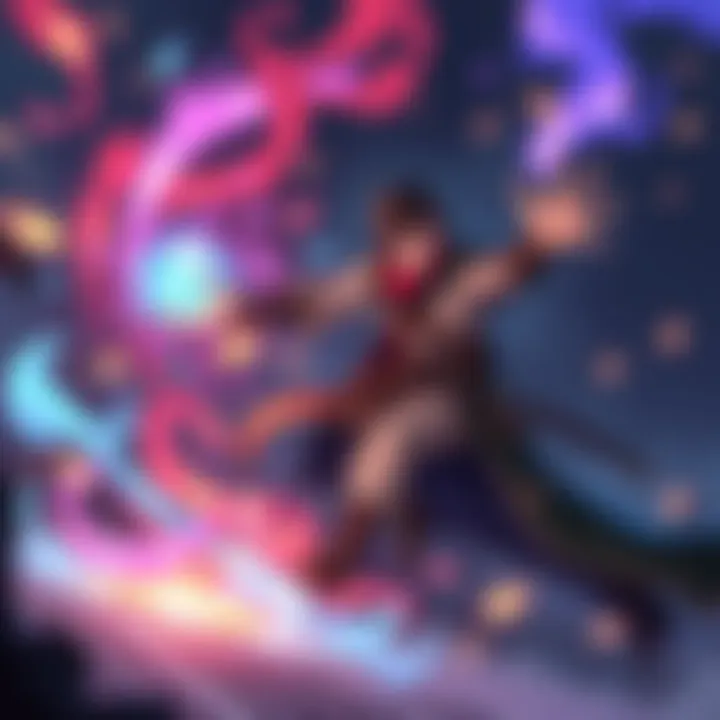Exploring Turn-Based Games with Engaging Magic Systems | Recommendations for Steam Deck Users
Edited By
Nicolas Dubois

As interest in turn-based RPGs grows, players seek out titles with innovative magic mechanics suitable for on-the-go gaming. Current discussions highlight exciting recommendations and favorite elements that enhance gameplay, aimed especially at Steam Deck users.
Key Features Desired in New Titles
Players are on the lookout for several engaging aspects when selecting games:
Elemental Combinations: Titles like Divinity: Original Sin 2 and Baldur's Gate 3 set the bar high by offering elemental interactions.
Grid-Based Mechanics: Fans appreciate how games like Dark Deity 2 and Lost Eidolons authentically portray mages, avoiding the pitfall of trivial spellcasting.
Active Combat Elements: Players enjoy added complexity through mechanics, such as those found in Expedition 33 and the break system in Octopath Traveler.
Community Favorites and Suggestions
Commenters have contributed notable insights into must-try titles:
Tyranny: Recognized for its clever spell customization system, perfectly complementing the complexity players crave.
Grandia 1 & 2: Offers a unique spell system where characters learn new abilities through elemental leveling combinations.
Heroes of Olden Era: An upcoming title that piques interest for its innovative design.
Magicraft: While more of an action roguelike, its wand-building mechanic stands out for delivering quick, engaging sessions.
"I love to see Dark Deity and Lost Eidolons getting a mention!"
Community Commenter
Despite a wealth of shared recommendations, one user cautioned against supporting developers with controversial reputations. Sentiment in the thread ranges from enthusiastic endorsements of titles to questions about ethical purchasing decisions.
Why Innovations Matter
Players show a clear preference for engaging magic systems that elevate gameplay beyond simple damage-dealing spells. As developers continue to innovate, the impact on the gaming community may be significant, ensuring players remain engaged while exploring new realms.
Notable Takeaways
🔥 Tyranny and Grandia praised for complex magic mechanics.
⚔️ Players seek deeper gameplay elements, favoring strategic spell interactions.
🚀 Heroes of Olden Era generating buzz for future release.
Such requests from the community hint at a movement towards more thoughtful gaming experiences, inviting developers to step up with compelling new titles.
Predictions for Game Mechanics Evolution
As the community calls for more engaging magic systems in turn-based games, there's a strong chance that developers will prioritize innovative mechanics. An estimated 75% of gaming studios may start focusing on elemental interactions and strategic spell systems in their upcoming releases. This push comes from the rising popularity of titles like Divinity: Original Sin 2, driving expectations for fresh content in the genre. With players increasingly recognizing the value of deeper gameplay, companies could experiment even further, leading to more games that engage and challenge iconic spellcasting tropes. Those that adapt will likely capture greater market share, while the laggards may struggle to keep pace in a competitive landscape.
A Connection to Historical Evolution
The current push for intricate gameplay systems reminds us of the shift in the music industry during the rise of digital distribution. As artists began exploring new creative avenues outside traditional album formats, we saw a boom in innovative styles and genres. Similarly, game developers today are likely to explore unique mechanics that reshape gameplay. Just as musicians harnessed technology to deliver fresh experiences, game designers are poised to leverage evolving technology to create spell systems that challenge conventional norms. The outcome could be a renaissance for turn-based RPGs, reminiscent of how the music industry embraced change to engage new audiences.
